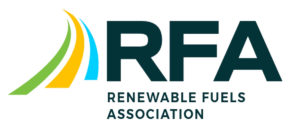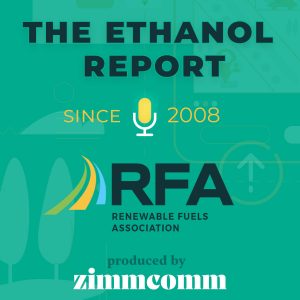 The Renewable Fuels Association, in partnership with TRANSCAER, is hosting a free Ethanol Emergency Response “Train the Trainer” webinar on Tuesday, June 23.
The Renewable Fuels Association, in partnership with TRANSCAER, is hosting a free Ethanol Emergency Response “Train the Trainer” webinar on Tuesday, June 23.
The webinar will take place from noon to 2 p.m. ET and is funded through a Federal Railroad Administration/TRANSCAER grant. It is designed to train a group of individuals who can then turn around and pass that information forward, equipping entire communities with the knowledge necessary to respond to any potential ethanol-related emergency.
Led by national hazardous materials trainer Joel Hendelman, the webinar is designed and intended to enhance the course delivery for experienced instructors with extensive knowledge of flammable and combustible liquid incident operations. Instructors should be engaged in hazardous materials incident management and mitigation that include significant operational and tactical experience involving ethanol-blended fuels. The instructor will be focusing on instructor methodology and highlighting critical information to share with the student audience. Failure to have the necessary knowledge, skills, abilities, teaching experience and credentials could lead to the dissemination of incorrect information, placing students at risk should they engage in ethanol-blended fuel incidents in the future.
Registration is limited. Certificates will be emailed to all completing the webinar. Click here for more information or to register.











